Dear Friends,
Today’s newsletter is personal and a bit of a rant. I promise, this is also a little bit about taxes. And social murder. And war. Please indulge me this week, I’m in a vulnerable place.
~~~
If you’ve been here for a while, you know that my husband has medullary thyroid cancer. Last year I wrote about our lab work adventures with Blue Cross Blue Shield of Massachusetts, our former insurer, where they routinely denied covered services and I continually had to submit appeals.
Medullary thyroid cancer is a rare form of thyroid cancer; about 1,000 people in the U.S. are diagnosed with it each year. In November 2017, the Tuesday before Thanksgiving, Peter’s endocrinologist had us both attend an appointment and explained his diagnosis to us. December 12, 2017, after a whirlwind of additional scans and labs, Peter was on the operating table for hours and hours for a total thyroidectomy and to remove the tumor that was wrapped around his vocal cords. I have never had a medical encounter when doctors moved so quickly, but I also understood that it all only happened so fast because we worked so hard to quickly complete all the required pre-operating appointments. A key ingredient in all that was me, working the phones for hours, pleading with people for help, crying, and individual workers putting us at the top of the pile because they were being nice. Now, Peter has a totally bad-a** scar across his neck and takes a levothyroxine pill every morning, one of the most common prescriptions in the U.S.
In January 2018 I got an explanation of benefits from Blue Cross saying we owed more than $154,000 for Peter’s surgery (just the hospital bill, separate from the doctor bills), in addition to our $500 hospital co-pay. How could that be? I had asked Blue Cross so many questions about in-network and pre-approvals, making sure we followed all the correct steps.
Oops, that $154,196.74 was a mistake! Here is the revised thing Blue Cross sent in January 2018. I guess the first time, some people were just typing some made-up numbers into a computer somewhere!
I’m pretty sure I just paid that one, but I don’t know if it too was a mistake. In December 2017 I used a bunch of paid time off from work to help Peter recover from surgery. My project supervisor at the time was unhappy with the lack of progress during my out of office, even though our report deadline was several months away and our client was not requesting anything in the near-term. Yes, he knew about my husband’s surgery. But we hardly made any progress during December! So, in January 2018, I could not allocate even more time to pore over medical bills and fight with Blue Cross; I was an at-will employee who had to make sure I kept my job that provided the insurance.
~~~
This month, Peter was having some hip pain. His primary physician ordered an x-ray, which showed a lesion on his femur. It could be benign or his thyroid cancer could have spread to his bones. On Tuesday, Peter’s doctor ordered an MRI to get more information; we scheduled it with Lenox Hill Radiology. Wednesday, Lenox Hill called Peter and said that Cigna denied the MRI, which requires Cigna’s pre-approval. We called Cigna and they said they needed a copy of Peter’s x-rays from his doctor. Oh, we have that, can we send them to you directly? No, only a doctor can do that. Also, Cigna needed more information from Peter’s chart and Peter’s doctor should contact Cigna to have a “peer to peer” discussion with a Cigna doctor. Can we send you Peter’s medical records that we keep copies of? No, only a doctor can do that. Cigna said we’d get their denial letter in the mail explaining everything and how we could appeal the decision. IN THE MAIL.
It is not possible to directly call Peter’s primary care physician or endocrinologist, or a person who works directly with them, because they work at NYU Langone. New York University is a global healthcare, real estate, and investment management organization that offers some educational classes on the side (I went there for business school). You can only call the main front desk number of the healthcare subsidiary and have messages routed from there, or send messages through an online portal, so we did all that.
On Friday we found out from Peter’s doctor that Cigna will not approve the MRI unless Peter first has a bone scan:
I also found a copy of the Cigna denial letter after logging into the Cigna website. None of the Cigna workers we spoke to shared that we could get a copy online.
Here is what Cigna said about the denial:
Very obviously Peter’s doctor had reviewed an “imaging studies” and was “still unsure” and Cigna knew it. But this letter lies even further. The real reason the MRI is denied because of what Peter’s endocrinologist said: Cigna requires a (less expensive) bone scan before they will approve the (more expensive) MRI. We are never going to get any Cigna documentation that states this.
These delays in getting the MRI greatly increased our worry. On Tuesday, Peter’s primary care physician also gave him a referral to an orthopedic surgeon. We were pretty sure that this surgeon would want to see MRI results before being able to say much of anything, but we were able to get an appointment on Friday, so we went ahead and did that. Maybe he could share some helpful information even without the MRI? Because all this week, Peter never had an actual conversation with any of his doctors. After the appointment, it felt like a waste of time. The orthopedic surgeon said something about wear on joints and Peter wearing “less bend-y shoes.” Now Cigna will have to pay for that appointment with a surgeon, probably several hundred dollars. An MRI costs Cigna somewhere in the range of $1,200 and $1,500, according to what Lenox Hill Radiology told me – more than the “self-pay” cost of $1,020 (what they charge someone without medical insurance). (Again, these numbers are all just made up by someone typing stuff into a computer, right?) Bone scans are not free to Cigna. Neither is the labor cost of all the Cigna workers we’ve spent time with on the phone. I do not believe this MRI denial will actually save Cigna any money at all – it seems clear the denial has already cost them more. And I suspect Peter will end up getting the MRI anyway.
~~~
I learned the term “social murder” from the excellent Death Panel podcast.
“Social murder (German: sozialer Mord) is a concept used to describe an unnatural death that is believed to occur due to social, political, or economic oppression, instead of direct violence.” The term was coined in 1845 by Friedrich Engels, the German philosopher.
“In a review of academic usage of the phrase ‘social murder’ throughout the 20th and 21st centuries, authors Stella Medvedyuk, Piara Govender, and Dennis Raphael identified four key aspects of social murder as per Engels’ original definition:
· It involves premature death due to working conditions
· The working conditions are themselves a consequence of exploitation under capitalism
· There exists a class (e.g. the bourgeoisie) that benefits from this exploitation
· The benefiting class is aware of the exploitation, and thus responsible for it.
In the 21st century, usage of the phrase has expanded such that it doesn't necessarily include a critique of capitalist exploitation. In the more general sense, social murder has been used to refer to excess death as a result of bad public policy.”
Years ago, there was a bad car accident near my home. People died. I learned that this intersection had seen many such accidents over the years and city transportation planners agreed it should be redesigned. It had not been redesigned. I concluded that after all these deaths, the word “accident” did not apply. It was predictable. Just wait a while, and there would be more death, right there, at that intersection. That’s not an accident.
~~~
Cigna’s denial letter said it “partners with eviCore, a leading health and wellness company, to manage our diagnostic program. eviCore reviews diagnostic services and facilities to determine if they are medically necessary and covered by your plan.” eviCore...reading that I immediately thought “Evil Core is more like it.” Turns out that was not an original thought, as the Wikipedia page states, “Critics have dubbed the company ‘EvilCore’, which was used as the name of a parody Twitter account. Some former employees have criticized the guidelines.”
Here are some things I learned about EviCore from the Wikipedia page and an October 2024 ProPublica article:
Cigna owns EviCore, which provides services to over 100 million people in U.S. via over 100 different insurance companies such as Aetna, Blue Cross Blue Shield, Cigna, and UnitedHealthcare, as well as contractors for Medicare and Medicaid.
“EviCore has an artificial intelligence model known as ‘the dial’ that evaluates the likelihood that insurance claims are approved or denied. It can approve a claim or refer it to the company's team of medical professionals, who can deny it. The company alters ‘the dial’ to change the proportion of claims sent to the doctors and, in turn, the proportion of denials. EviCore allows clients to select this threshold, though it may adjust it without clients’ input to meet internal valuation goals.”
“Here’s how it works, the former employees said: The algorithm reviews a request and gives it a score. For example, it may judge one request to have a 75% chance of approval, while another to have a 95% chance. If EviCore wants more denials, it can send on for review anything that scores lower than a 95%. If it wants fewer, it can set the threshold for reviews at scores lower than 75%. ‘We could control that,’ said one former EviCore executive involved in technology issues. ‘That’s the game we would play.’”
A former EviCore employee, a maternal-fetal physician, said “her supervisor required her to decide at least 15 cases an hour — or one every four minutes. She often reviewed requests by physicians outside her specialty.”
After EviCore, the next largest company doing this work is called Carelon Medical Benefits Management. In 2022 it settled a lawsuit alleging it “used a variety of techniques to avoid approving coverage requests.” For example, “The company set its fax machines to receive only 5 to 10 pages. When doctors faxed prior authorization requests longer than the limit, company representatives would deny them for failing to have enough documentation.”
“A 2021 suit against EviCore... accused [it] of negligence and breach of contract after a woman died after the companies delayed approval of an MRI. A district court found that the companies had abided by their contracts by ultimately approving the treatment, and it dismissed the negligence claim as they did not have a duty of care.”
A judge decided that EviCore did not have a duty of care to a woman who needed an MRI. That is the thing my husband needs. My Peter. My love.
~~~
On Friday, after we learned about this “extra step” of the bone scan, we got Peter an appointment for a Monday afternoon bone scan. Having done all we could do for the day, we relaxed in the afternoon, each doing a little work in our home offices. I only got 3 hours of sleep on Thursday night, so it was easy to fall asleep on Friday night. I woke up a little after 3:00 am on Saturday morning, realizing that I had failed to ask Cigna if the bone scan needed pre-approval. How could I be so effing stupid to not handle that during business hours on Friday. I called Cigna.
The bone scan does not require any additional pre-approval. I cried with relief.
Then I thought about how I’d instantly blamed myself for making a mistake, but I have not done anything wrong. I am kind of a lunatic for detail and if anyone can jump through administrative hoops, it’s me. I just don’t know how important it is to get that MRI one day or one week sooner – everyone sure acted fast back in 2017. I blamed myself instead of this Made-in-the-USA system of health finance. We made this horrific system. We can unmake it.
~~~
In 1967 Martin Luther King gave a speech on the Vietnam War. He saw multiple direct connections between the war and the lives of poor Americans. He said, “A few years ago...It seemed as if there was a real promise of hope for the poor—both black and white—through the poverty program. There were experiments, hopes, new beginnings. Then came the buildup in Vietnam and I watched the program broken and eviscerated as if it were some idle political plaything of a society gone mad on war, and I knew that America would never invest the necessary funds or energies in rehabilitation of its poor so long as adventures like Vietnam continued to draw men and skills and money like some demonic destructive suction tube. So I was increasingly compelled to see the war as an enemy of the poor and to attack it as such.”
During my lifetime, the U.S. has engaged in endless war and also increased our spending on military death and destruction during peace times. We did this with money from federal income taxes. There always seems to be billions, billions of dollars, available for killing machines and for thousands of soldiers to do the killing.
We significantly reduced child poverty in the U.S. during the pandemic. As historian Adam Tooze wrote, “The tax credits that halved child poverty during the pandemic were revoked for being too expensive.” We chose to use tax money to help people. But it was too “expensive.”
MLK said, “I am convinced that if we are to get on the right side of the world revolution, we as a nation must undergo a radical revolution of values. We must rapidly begin the shift from a ‘thing-oriented’ society to a ‘person-oriented’ society. When machines and computers, profit motives and property rights are considered more important than people, the giant triplets of racism, materialism, and militarism are incapable of being conquered.” He said, “A nation that continues year after year to spend more money on military defense than on programs of social uplift is approaching spiritual death.”
~~~
In August 2020, I read a New Yorker article about dairy farmers. It caught my eye because my dad had once worked on his uncle’s dairy farm in West Texas. My cousin still runs that operation.
The article describes the transformation of the industry in Wisconsin and across the country: consolidation in the number of farms but no change in the number of cows. It explains federal policies in agriculture “in which the U.S.D.A. pursues ever-higher yields to keep food prices low for consumers, at the expense of farmers’ wages and the environment.” It explains that “New Deal policies had encouraged soil-conservation measures, but [the Secretary of Agriculture under Richard Nixon, Earl] Butz’s export-driven focus led to monoculture farming, which transformed much of the rural Midwest into endless fields of corn and soybeans. Agricultural exports became an instrument of foreign policy. ‘Food is a weapon,’ Butz told Time in 1974, as a wave of famines spread around the world. ‘It is now one of the principal tools in our negotiating kit.’”
These days, we have a major problem with American farmers committing suicide. In 2019, Jerry Volenec, a Wisconsin dairy farmer, went to see Sonny Perdue speak at a town-hall discussion. Perdue was Secretary of Agriculture during Trump’s first term in office. “After the town hall, Perdue took questions from reporters, one of whom asked if the state’s loss of small farms was inevitable. [Perdue said,] ‘In America, the big get bigger, and the small will go out.” Volenec was not surprised at the sentiment but was surprised that the Trump Administration “said it to our faces. They’re not trying to hide it anymore. They’re telling us flat out: You’re not important.”
Jerry Volenec wrote a poem that he called a commentary on “Get big or get out.”
I was told to buy a shovel
So I bought a shovel
I was told to dig
So I dug
What is the hole for I asked
For your neighbor, he has passed
I was told to keep digging
So I put my shovel to the task
A hole for each neighbor
Until I was the last
Keep digging I was told
I looked around and asked
Who for?
For yourself I was told
You are needed no more.
~~~
I am so tired of arguing with people who hear the words “universal healthcare” or “socialized medicine” and instantly say, “How could we pay for that?” or “Where we would get the money?” They say I am a childish fool for believing such a thing is possible. As if only an idiot, only an unserious person could believe that we could change a single thing about our human-created systems which did not even exist 100 years ago. How can we continue to afford NOT choosing universal health care? This is breaking us.
In her book, “The Age of Insecurity,” Astra Taylor shared this 17th century rhyme inspired by the enclosure movement:
The law locks up the man or women Who steals the goose off the common But leaves the greater villain loose Who steals the common from the goose. The law demands that we atone When we take things we do not own But leaves the lords and ladies fine Who take things that are yours and mine.
Today I am tired and I am scared. If any of this resonated with you, I hope you’ll say so. Right now, I welcome any messages of support.
In solidarity and love,
-Stephanie




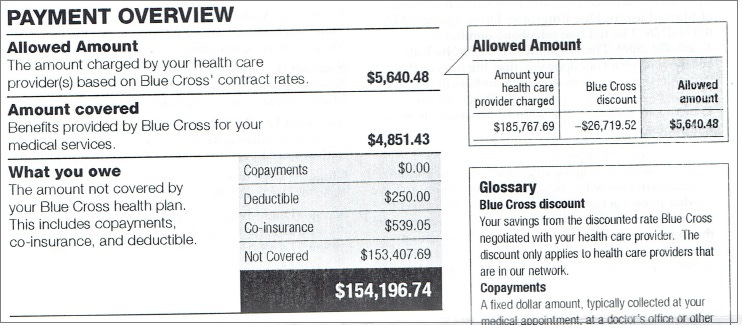
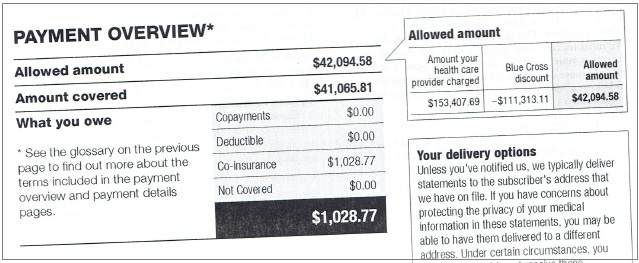
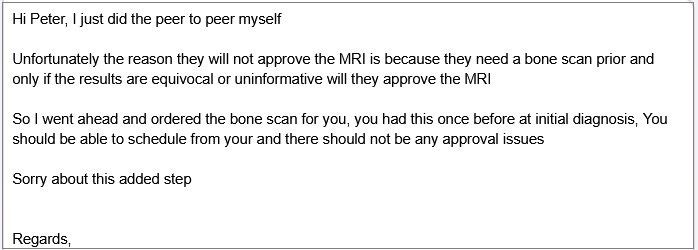
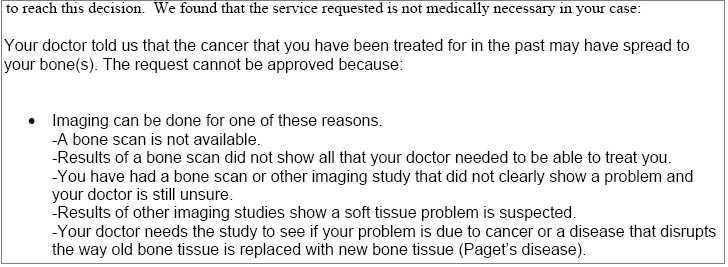
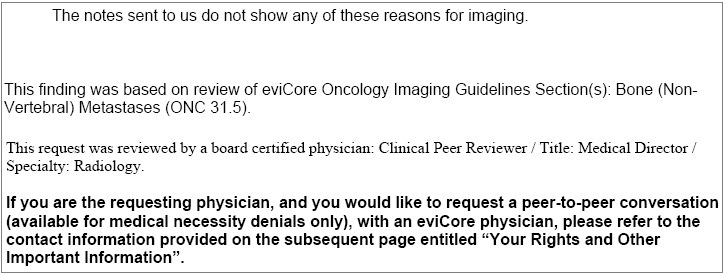
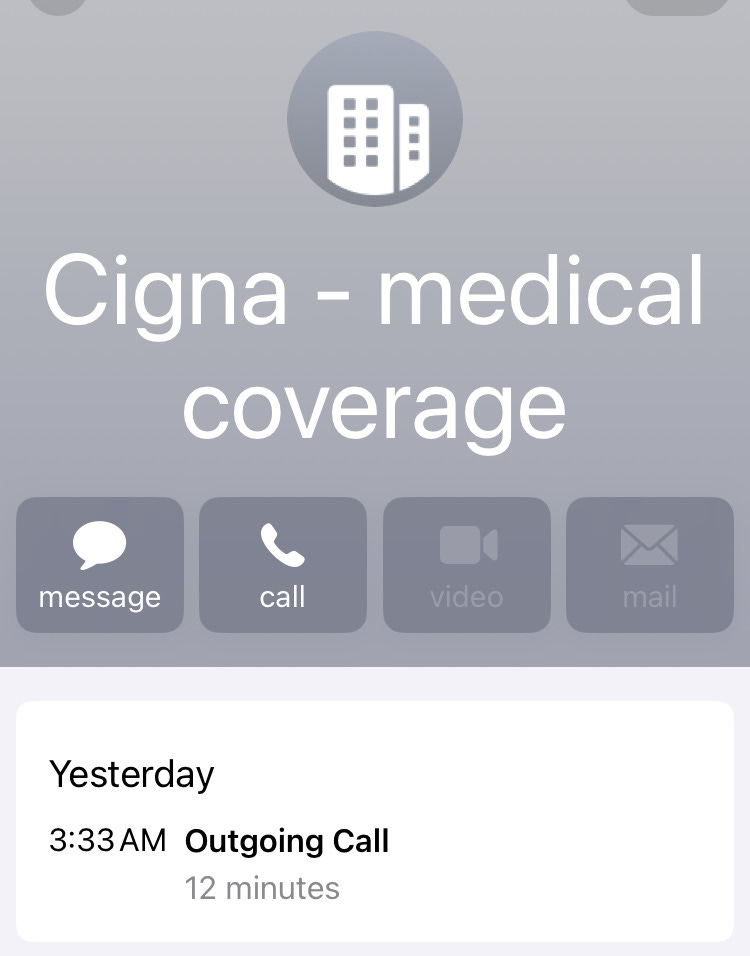
Wow, I am so sorry to hear about this. I am also tired of all those who seem to associate socialized medicine with communism and have no clue about how common it is in the rest of the developed world. *Hugs*